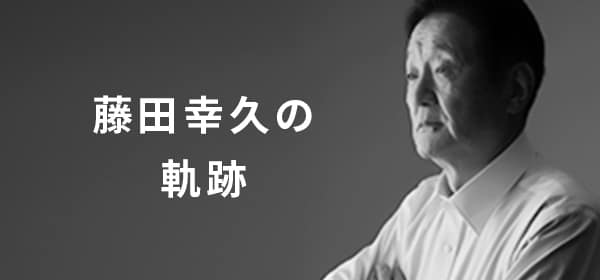ブログ
“Japan needs a political settlement on its past” (英文) 「戦時補償-米捕虜訴訟」寄稿が翻訳掲載2001年10月23日
「戦時補償-米捕虜訴訟」寄稿が海外にも反響!英文に翻訳掲載
Asahi Evening News(International Herald Tribune)
2001年10月23日
"Japan needs a political settlement on its past"
The greatest achievement of the San Francisco Peace Treaty to which Japan owes its postwar independence, democracy and prosperity is the renunciation of claims for war reparations from Japan. It not only accelerated Japan's postwar reconstruction but also brought about long-term regional stability and can thus be called the most successful peace treaty of the 20th century.
However, since China, Taiwan, the Republic of Korea (South Korea) and the Democratic People's Republic of Korea (North Korea) were not invited to the conference and the Soviet Union opposed the treaty, Japan's peace with neighboring countries was put off and Japan has neglected to settle its past. The peace treaty is nothing more than a legal solution between governments. As such, reconciliation with individual victims and moral solution were pushed back.
Japan's failure to properly deal with the situation for a half century has led to a global movement of victims of Japan's aggression to demand compensation. Former U.S. prisoners of war have sued Japanese companies one after another for wartime forced labor and the U.S. Congress passed bills to support them. Asian Americans and Europeans are also joining the movement.
Meanwhile, a trend to seek moral and humanitarian redress ``to settle the past'' is gaining momentum around the world. In 1990, the U.S. president apologized to and compensated Japanese-Americans for their internment during the war. In 1995, the French president apologized to the Jewish people who suffered persecution. The Pope also did so in 2000. Last year, 1 million Australians took part in marches to signify their apology to the Aborigines.
Thanks to freedom of information, history that had been covered up is being exposed based on ``present standards of justice'' and is moving victims to demand an apology. In response, the present-day leaders and citizens are apologizing for these acts of the past.
Japan, which refuses to listen to such demands saying it has legally settled the claims of former U.S. prisoners of war with the peace treaty,stands out in international society that it is running counter to the trend. I hear that it's not money that the former prisoners of war are demanding. What they want is an apology to heal their psychological wounds so that they may live the remaining years of their lives in peace.
Although the U.S. government is officially supporting Japan's legal position, it is unhappy with Japan's inability ``to settle its past'' as seen in Prime
Minister Junichiro Koizumi's visit to Yasukuni Shrine. Apart from its official stance, it really wants Japan to take the initiative to make a political settlement.
A new trend to recognize individual claims is also emerging. Some scholars say that the peace treaty does not necessarily deny such claims and a few district courts ruled that the Japanese government is responsible for bringing Chinese and Korean people to Japan against their will during the war.
When former U.S. soldiers sued German companies for subjecting them to forced labor, even though the court ruled in favor of the companies, the German side established the ``Remembrance, Responsibility and the Future'' fund and reconciled with the plaintiffs. Furthermore, it had the U.S. and German governments accept the settle ment as final. Japanese companies would also probably win in court but they will have to pay a high price for their inflexible attitude in the form of boycotts and public outrage.
It will be 50 years in April next year since the peace treaty took effect and I wish to take this opportunity to make the following proposals:
1) Companies involved should get together to reach an out-of-court settlement;
2) Disputes should be settled while the plaintiffs, who are aging former prisoners of war, are alive;
3) The Japanese government should apologize to individual prisoners of war;
and
4) Japan should reach an agreement with the U.S. government over these proposed settlements.
As a director of the International MRA (Moral Re-Armament) in Switzerland, I initiated a seminar titled ``An Agenda for Reconciliation'' at which conflicting parties meet there each year to hold dialogue. Through this process, I came to realize that reconciliation starts from settling the past and establishing justice.
In response to the terrorist attacks on the United States, Japan is urged to stand up to terrorists based on law and justice and endeavor to eradicate terrorism by nonmilitary means such as fighting poverty. Also in order to make such contribution effective, I think Japan needs to settle its past once and for all and win international trust.
The author is a former Minshuto (Democratic Party of Japan) Lower House member and director of the International MRA Association of Japan.
|次へ→
- アーカイブ
-










